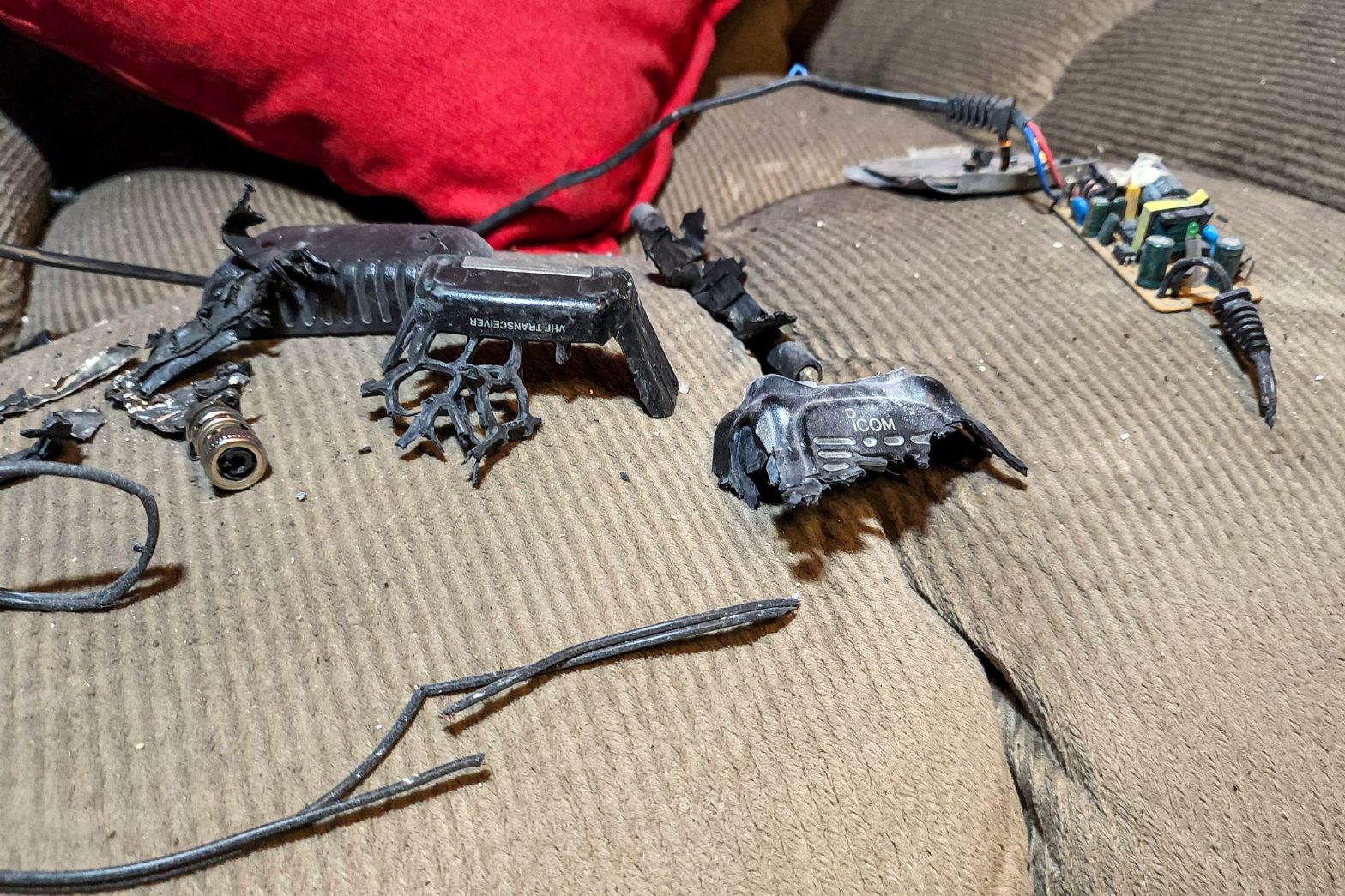/
On Wednesday, walkie-talkies exploded, with media reports saying they had been purchased by Hezbollah around the same time as the pagers used in the first wave of attacks.
Share this story
:format(webp)/cdn.vox-cdn.com/uploads/chorus_asset/file/25628622/2172022314.jpg)
A day after exploding pagers targeting Hezbollah members killed 12 people, including two children, and injured nearly 3,000 people in Lebanon and Syria, the attacks started again. The New York Times reports 14 people have died, along with hundreds injured in the second wave of explosions. Lebanese state media agency NNA reports they resulted from wireless devices like walkie-talkies and fingerprint analysis devices that also damaged cars and motorcycles and started fires, including one at a lithium battery store.
At least one of the exploding devices on Wednesday went off in the middle of a funeral procession for several of the people killed in the previous attack, causing additional panic as people ran for safety and were asked to remove the batteries from their cellphones.
According to Reuters, a source said the walkie-talkies were purchased months ago, around the same time as the booby-trapped pagers.
Overnight, media outlets like CNN and Reuters reported that the pager blasts were the result of an operation by Israel that placed a board with up to three grams of explosive material inside the devices before they were shipped out. Israeli officials have not commented on the attacks directly. CNN reports that defense minister Yoav Gallant said, “The IDF brings excellent achievements, together with the Shin Bet, together with Mossad, all the bodies and all the frameworks and the results are very impressive results…. I appreciate that we are at the beginning of a new era in this war and we need to adapt ourselves.”
The pagers bore the brand of a Taiwanese company, Gold Apollo, but its CEO told reporters that they did not make the devices purchased by Hezbollah. Instead, BAC, a distributor in Hungary, produced them under license. On Wednesday, the Hungarian government said the pagers were not manufactured there and that “the company in question is a trading intermediary, with no manufacturing or operational site in Hungary,” wrote government spokesperson Zoltan Kovacs.
In response to Tuesday’s explosions, UN Human Rights Chief Volker Türk said:
Simultaneous targeting of thousands of individuals, whether civilians or members of armed groups, without knowledge as to who was in possession of the targeted devices, their location and their surroundings at the time of the attack, violates international human rights law and, to the extent applicable, international humanitarian law.
There must be an independent, thorough and transparent investigation as to the circumstances of these mass explosions, and those who ordered and carried out such an attack must be held to account.
